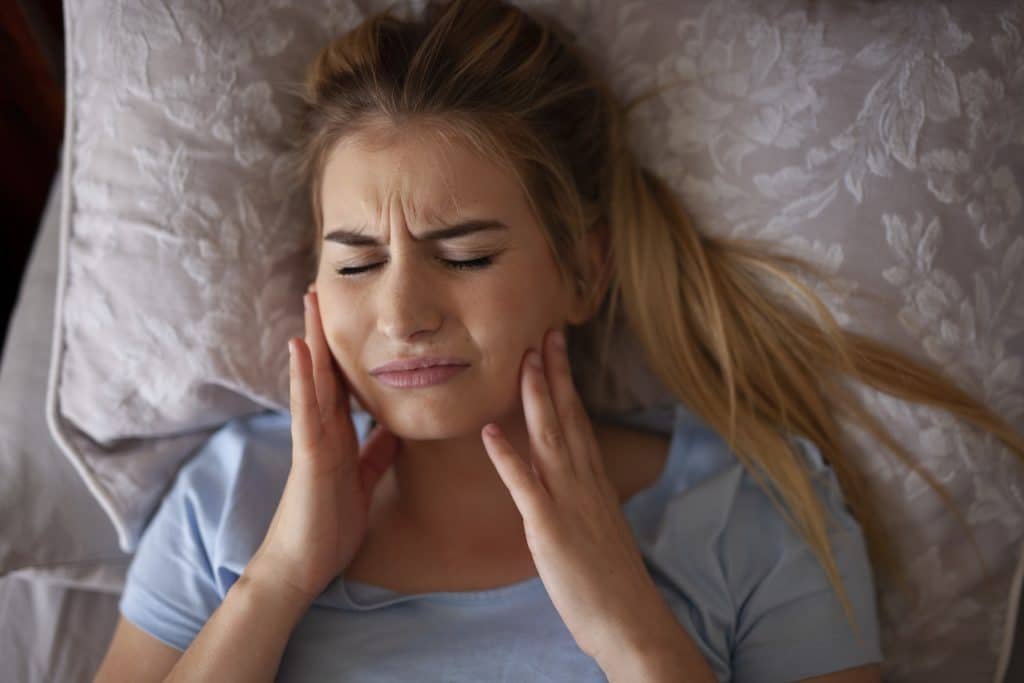BOTOX (formally known as onabotulinum toxin-A) is an injectable drug that can prevent muscles from contracting.
The drug is best known for its cosmetic use; it can be delivered to the facial muscles — mainly those between the eyebrows and around the eyes — to temporarily reduce the appearance of frown lines and crow’s feet. The Question is Could Botox — a cosmetic procedure favoured by celebrities for temporarily banishing fine lines and wrinkles — be a possible candidate for treating teeth grinding? A new study claims that it could.
There are currently no recognized treatments that can stop sleep bruxism.
The new study (recently published in the journal Neurology) notably included just 22 people with bruxism – not exactly a large sample. Participants spent a night in a laboratory, where the researchers monitored their teeth grinding and clenching. The next day, 13 of the subjects were randomized to receive Botox, while the others were given a placebo injection. Injections were administered to the temporal and masseter muscles, which we use for chewing.
Around 4–8 weeks later, subjects were asked to spend another night in the laboratory, and the researchers reassessed their bruxism symptoms. According to the team, people who were given the placebo injection reported no improvements in teeth grinding or clenching, but those who received Botox said that their symptoms had “very much improved” or “much improved.”
Those who had Botox reported a reduction in pain, but there was no change in pain severity for those who had the placebo injections. In terms of side effects, the researchers report that there were no adverse events, but that two of the participants noticed a “cosmetic change” in their smiles — but whether these “changes” were for better or worse is not disclosed.
Overall, the team concludes that Botox “effectively and safely improved sleep bruxism” in this trial.
Researcher Dr. William G. Ondo, of the Houston Methodist Hospital in Texas, notes that bruxism “is a widespread problem with no established treatment, so these results are encouraging.” That might be the case, but, from a study of just 22 people, can we conclude that Botox is a viable treatment for teeth grinding? Not Exactly. That said, it’s worth further investigation.
It makes sense that a drug that stops muscle contraction — when injected into the muscles that control chewing — could prevent teeth grinding and clenching. Unlike current treatments for bruxism, such as mouthguards, Botox is attempting to tackle an underlying cause.

